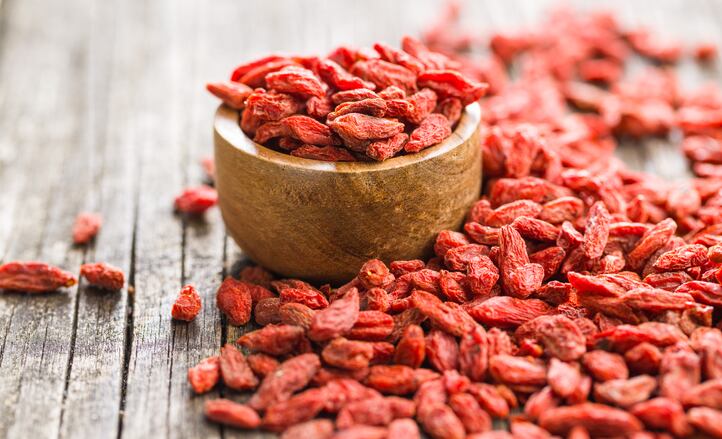Percent lean muscle mass also increased significantly in adults below 50 when they consumed animal protein.
However, the increase in absolute and percent lean muscle mass did not lead to improvements in muscle and grip strength.
Writing in Nutrients, the researchers from the National University of Singapore conducted a meta-analysis based on 16 randomised controlled human clinical studies published online as of mid-June last year.
The RCTs had compared the effects of animal versus plant protein, as well as the role of resistance training exercise, in improving muscle health.
Whey protein isolate/concentrate/hydrolysate were the most commonly studied animal protein, while some RCTs also included casein, chicken, fish, eggs, or beef.
On the other hand, soy protein isolate was the most commonly studied plant protein, while rice protein isolate and pea protein were also used in the studies.
Across the RCTs studied, the subjects consumed protein above the recommended dietary allowance (RDA) of 0.8g/kg/day, with the highest at 3.1g/kg/day. The study duration ranged from two weeks to two years.
Analysis showed that in adults below 50 years old, consuming animal protein had increased their absolute lean mass by 0.41kg and lean mass by 0.50 per cent – a finding not seen in adults over 50 years old.
A higher percent lean mass is associated with desirable health outcomes, such as a lower risk of metabolic syndrome amongst middle-aged women.
The researchers explained that animal protein could have improved percent lean mass due to its protein quality, since it provides all the essential amino acids (EAAs) in sufficient quantities, and tends to be well digested.
In contrast, plant protein, including soy, is deficient in specific EAAs. This relative lack of EAAs in plant protein may result in their amino acids being directed towards urea synthesis, instead of muscle building.
On the other hand, the benefits of animal protein were more evident in younger adults as ageing muscles have a slower response to muscle protein synthesis, the researchers pointed out.
“Evidence suggests that young muscles are more sensitive to the anabolic action of EAAs compared to aging muscles.
“This is because there is a slower response of muscle protein synthesis to protein ingestion – a phenomenon known as anabolic resistance. This could be related to declining physical activities, prolonged muscle disuse, or chronic inflammation,” the researchers said.
Role of resistance training
The type of protein consumed, however, plays a minimal role in absolute and percent lean muscle mass gain when an individual is undergoing resistance exercise training.
“Our subgroup analyses revealed that animal protein and plant protein did not differentially affect absolute and percent lean mass among subjects who performed resistance exercise training,” the researchers said.
Furthermore, without resistance exercise training, consuming protein at a level higher than the daily recommended allowance will not lead to significant increase in lean muscle mass.
“This is because muscle protein synthesis is known to switch off after a certain duration despite sustained amino acid availability, and resistance exercise training is able to delay this ‘set-point’ by up to and beyond 24 hours.
“Quantitatively, the meta-analysis revealed a favouring effect of animal protein specifically for percent lean mass.
“There was a significant gain in both absolute and percent lean mass with animal protein intake among adults <50 years, while resistance exercise training did not influence the effect of protein source on changes in lean mass,” the researchers concluded.
HMB
Amongst older adults, protein intake would need to be enriched with other nutritional compounds, such as HMB and vitamin D to increase their muscle protein synthesis rate.
The researchers pointed out that this is because consuming more EAAs will not elevate muscle protein synthesis to the rate seen in younger adults.
“Our finding appears to support the notion that protein intake may need to be enriched with other nutritional compounds, such as beta-hydroxy-beta-methylbutyrate (HMB) and vitamin D, to help maintain muscle mass among middle-aged and older adults,” the researchers said.
This research was funded by the National University of Singapore.
Source: Nutrients
Animal Protein versus Plant Protein in Supporting Lean Mass and Muscle Strength: A Systematic Review and Meta-Analysis of Randomized Controlled Trials
https://doi.org/10.3390/nu13020661
Authors: Lim, M.T.; Pan, B.J.; Toh, D.W.K.; Sutanto, C.N.; Kim, J.E.





